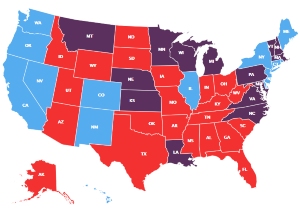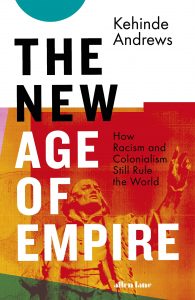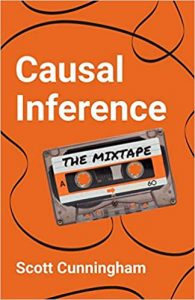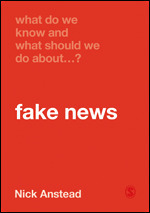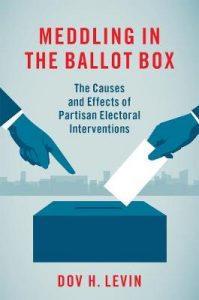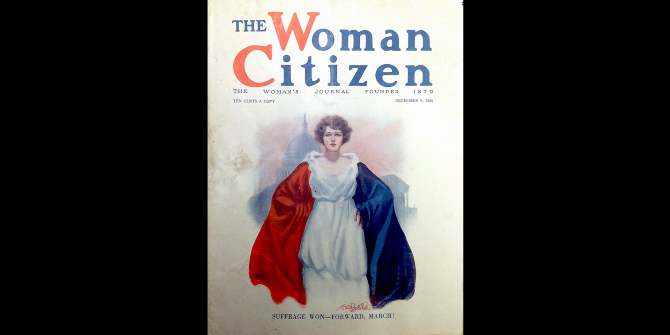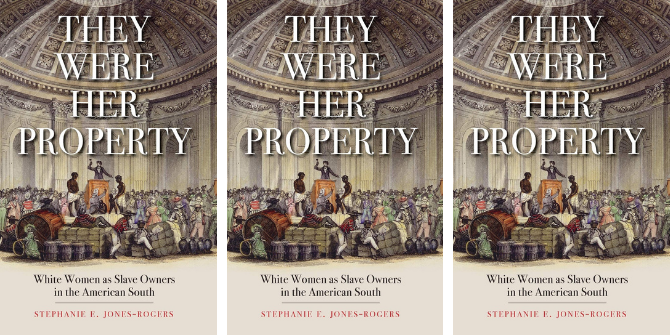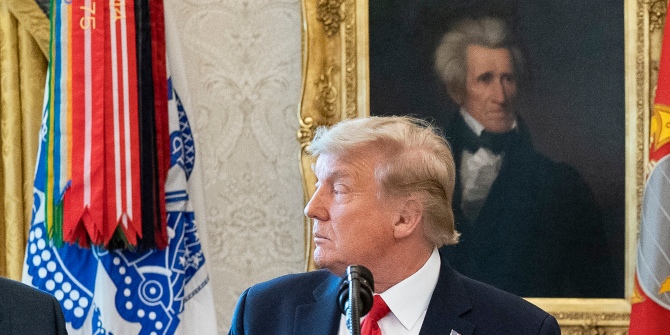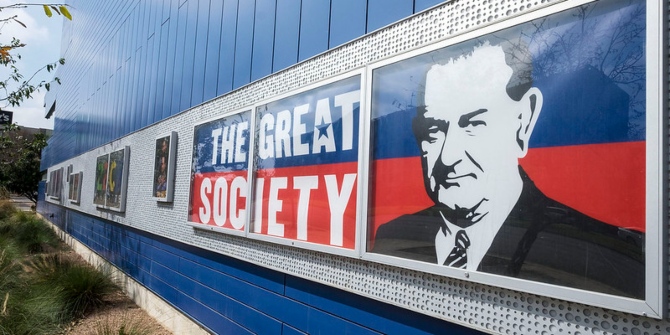US Centre 2018 Student Essay Competition Runner Up: ‘Looking at Trump’s Twitter Diplomacy to see past trends and the outlook for American foreign policy in East Asia’
President Trump’s use of Twitter to announce policy shifts has become a hallmark of his administration. But what do his Tweets tell us about the outlook for the US relationship with East Asia? Kyi Yeung Goh analysed Trump’s 2017 tweets on this issue, and has found three key topics which may indicate what 2018 may bring: the Trump administration’s […]

